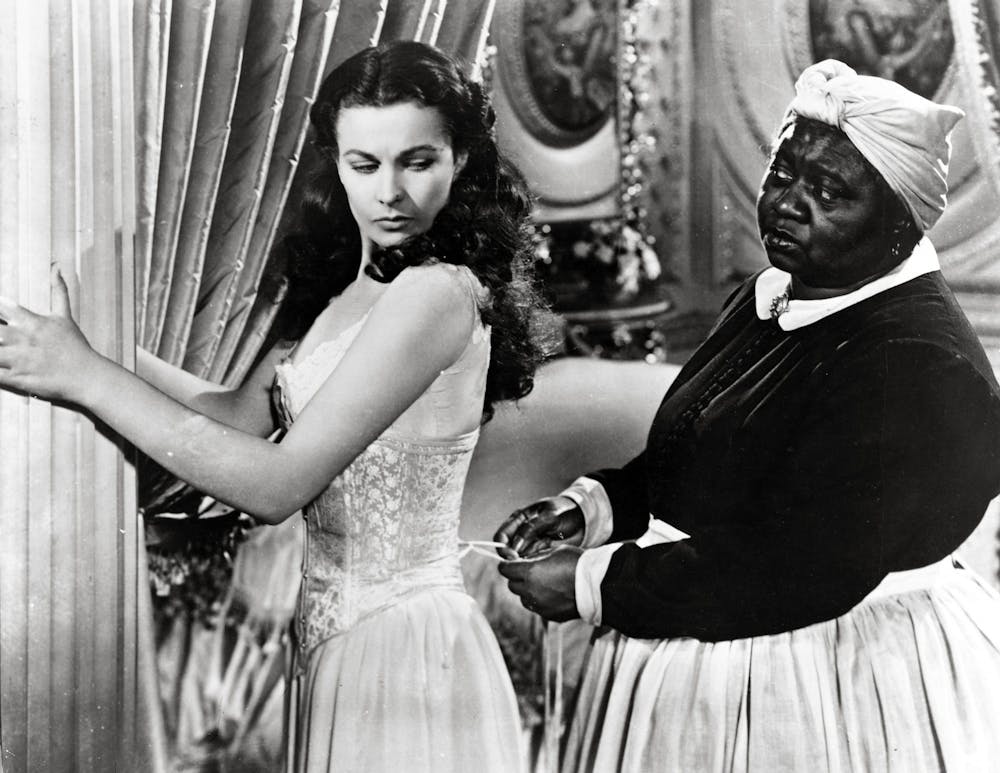Actress Hattie McDaniel is a seemingly forgotten icon and pioneer within the Black community and has been overshadowed in history.
Born in 1893, McDaniel would go on to become the first Black person to ever win an Oscar for acting.
Since making history for all Black people, McDaniel does not receive enough recognition for the contributions she has made to the Black experience.
McDaniel is most commonly known for her role as Mammy in the 1939 film “Gone With the Wind.” While this leading role was groundbreaking for Black entertainment and acting more specifically, this role was controversial for the Black community.
IUPUI Ph.D. student Ellise Smith said the Mammy character is a challenging character for some Black people to accept.
“Hattie McDaniel showed what the reality was for Black people at that time,” Smith said. “As many people try to cover it up as just a form of entertainment, these were the roles Black people were allowed to act in.”
The Mammy character played into the stereotypes of Black women during the early to mid 20th century, and the character made it appear as though Black women could not gain success outside of working for white people and caring for their children or homes.
Historically, the Mammy character has appeared to be anti-Black imagery through minstrel shows which were created to mock Black culture.
The Mammy caricature was created to portray Black people as being happy slaves, according to Ferris State University.
Even though this character was not always viewed in a positive light, what cannot be denied is that McDaniel's portrayal of the Mammy caricature changed the history of Black entertainment.
“She did break barriers and stereotypes as far as getting access into an industry, which at one time we were not even allowed in,” Smith said.
In terms of the struggles which McDaniel faced in her lifetime, her identity was often targeted not only because she was a Black woman, but also because she was plus size. McDaniel did not fit into the societal standards of beauty and acceptance, and her role always revolved around these identities.
“Even in the midst of doing her work, Hattie McDaniel socially advocated for others in spaces that did not allow people who were Black, women, or fat,” Smith said. “As an intersection of all three, McDaniel continued to show up and break these modes of stereotypes.”
Recently on social media, it has been brought to light McDaniel was not even able to attend the Oscars due to her identity.
McDaniel lived during a time when racism and injustice were at an all-time high. This is why many people overlooked the fact she made history.
McDaniel made history and she deserves to continue to be recognized for her hard work and efforts in the entertainment industry and society as a whole.
“Hattie McDaniel certainly deserves more roses,” Smith said. “Without her efforts, we would not have this piece of history to pull from.”
Smith suggested creating a fellowship, residency, and arts program to continue to honor McDaniel and her legacy.
Hattie McDaniel deserves her flowers and recognition as a trailblazer.






